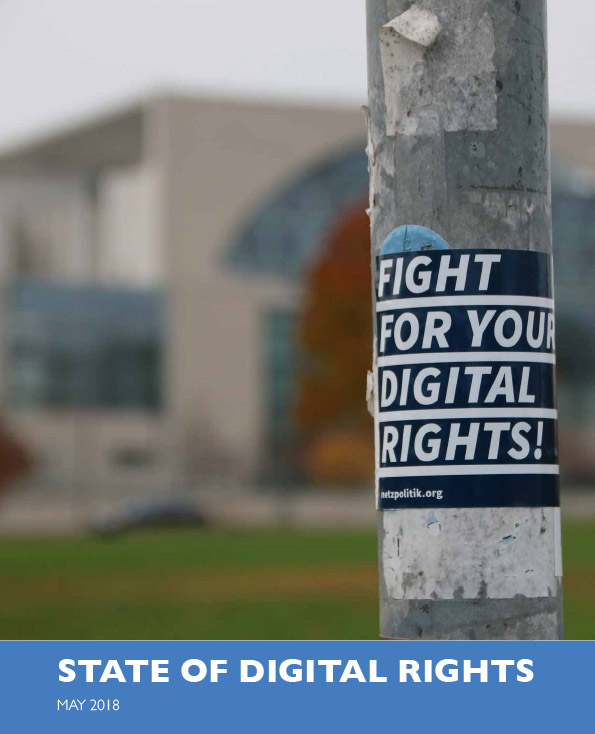
Today, we’re proud to release the State of Digital Rights report, which outlines the many ways Australians’ rights are being impacted by the activities of private companies and governments in the online world.
The internet is often touted as the new frontier of freedom of expression, described simultaneously as a wide open plain free from heavy-handed intervention – or a lawless landscape that political leaders struggle to understand and fail to police. Vast amounts of our lives now take place online, including paid employment, participating in democracy and communicating with government and with each other.
This can be liberating: it is possible to engage with the internet anonymously, to communicate secretly and access services and communities that allow us to be ourselves, without fear of judgement. But there is also a dark side to life in the digital age that includes surveillance of populations, tracking of individual movements or conversations and data-matching on a global scale. It’s clear that corporate and government power over our digital lives need to be kept in check.
The State of Digital Rights aims to support, enhance and promote the necessary debate, through analysing the key digital rights issues facing Australians today, and making clear recommendations for policy makers to adopt.
Key recommendations included in the State of Digital Rights include:
- Repeal of the mandatory metadata retention scheme
- Introduction of a Commonwealth statutory civil cause of action for serious invasions of privacy
- A complete cessation of commercial espionage conducted by the Australian Signals Directorate
- Changes to copyright laws so they are flexible, transparent and provide due process to users
- Support for nation states to uphold the United Nations Convention on the Rights of the Child in the digital age
Download a copy of the State of Digital Rights report Download a 2-pager snapshot of the key recommendations from the report